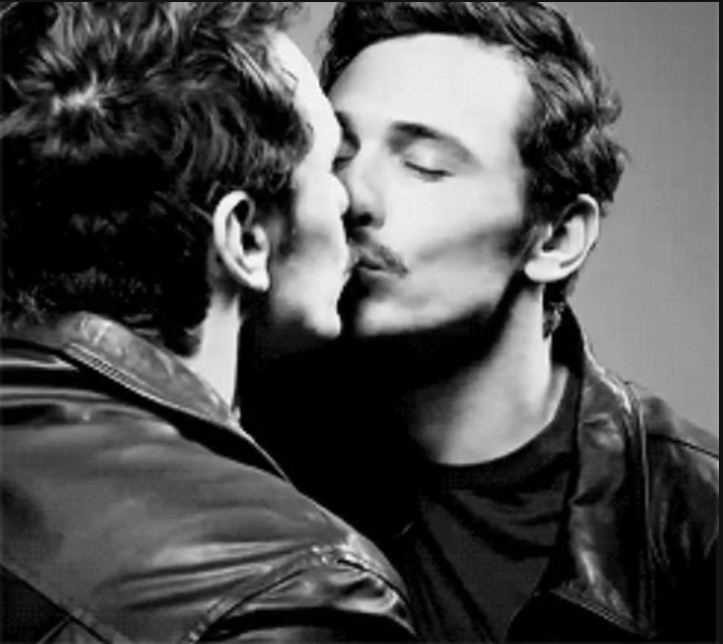Relationships July 5, 2018
There are three types of narcissists in relationships. Are you dating one?


Could you be dating a narcissist?
Narcissistic personality disorder (NPD) is a personality disorder in which people show a pervasive pattern of grandiosity, a deep need for admiration and excessive attention and lack of empathy.
This makes any relationship with a narcissist difficult. But it is even worse when the narcissist is supposed to be your partner and confidante.
It is not always obvious who is a narcissist because the disorder can vary from mild to extreme. And narcissists are not exclusively extroverts or always cry out for attention.
But there are signs you can look for that help you identify if you’re dating a narcissist. When you look more closely you might be even able to pinpoint which type.
Signs and symptoms and their severity can vary. But according to the Mayo Clinic, someone with NPD tends to have some extent of an exaggerated sense of self-importance, entitlement, and feeling of superiority.
Narcissists often react with anger and contempt when their attitudes about themselves are not shared by others. They also tend to experience major problems dealing with stress, change and feel depressed when they fall short of perfection.
According to Psychology Today, there are three distinct types of narcissists: the exhibitionist, the covert and the toxic.
Although for each of the type, the disorder manifests itself in different behaviors, all three types have attitudes that align with the symptoms above.
According to Psychology Today, many people do not know that different types of narcissism exist and that those exhibit different patterns of behavior in a relationship. You might be or have been in a relationship with a narcissist without even realizing it. But generally, people with any type of the three NPD have difficulties sustaining stable and loving relationships.
This is the most obvious type. According to Kati Morton, a licensed therapist and mental health YouTuber, this kind of narcissist represents the stereotype that seeks constant admiration and attention. They are usually supremely confident and enjoy dominating the conversation.
Just as young children, they cannot perceive the problems of others and lack empathy that way. They tend to be oblivious to other people’s real reactions to their attitudes and behaviors. For example, when they monopolize a conversation to the extent that they are having a monologue, they often don’t notice when others are bored or bothered by it but instead think everyone is having a good time.
Additionally, they don’t mind openly and rudely devaluing anyone who disagrees with them. The pejorative comments can be completely unrelated to the disagreements.
Exhibitionist narcissists in relationships
According to Psychology Today, they are insensitive and bossy. They continuously look for reassurance and cannot admit when they are wrong. So, if your partner frequently tells you what to do without taking your feelings into consideration and never apologizes after making a mistake or even admitting it, you might be dating an exhibitionist narcissist.
This type is more insecure and does not feel comfortable being the center of attention. Even though they feel special, they fear that others see their flaws and vulnerabilities and attack them. Most often, those narcissists grew up in an abusive home, said Morton in a YouTube video.
Closet, or covert, narcissists want to feel important by association. Therefore, they seek out people who seem to be important or special.
Closet/Covert Narcissists in relationships
This type tends to choose partners whom they admire and who makes them feel more important by association. According to Morton, this type might seem caring in public but can often be passive aggressive and manipulative in private. They often make empty promises. When they don’t follow through, they do not take responsibility but instead play the victim. For example, if your partner told you they would pick you up from the airport but then doesn’t and leaves you waiting, instead of apologizing, they will make excuses, and thereby turn the attention back to themselves.
A toxic narcissist does not only want to be the center of attention, they want to feel superior. As a result, he or she puts others down to make them feel inferior. According to Morton, research has shown that this type of narcissist even enjoys hurting others.
These narcissists are angry and bitter, often because they haven’t been able to live up to their unrealistic fantasies and grandiosity, states Psychology Today.
Toxic narcissists in relationships
When in a relationship with a toxic narcissist, he or she will frequently put you down. They might openly insult you or give you backhanded compliments and they rarely or never praise you but only criticize you. Furthermore, they enjoy creating drama in their relationships, which they most often would not admit. They stir up chaos by starting unnecessary arguments in which they humiliate or attack their partners.
If you just realized you’re dating a type of narcissist, a breakup is not the only solution. It is important to remember that NPD is a mental disorder that stems from traumatic experiences in childhood. Narcissists might first have difficulties admitting their disorder but they most likely don’t like the way they act either. When you think that your significant other suffers from NPD, suggesting therapy for your partner or even couple’s therapy can be an option. However, this route requires commitment and hard work from both of you. If you are not ready for that and think parting is the better choice, for now, you might appreciate this read.